By Kathryn Hennessy
What began for Danielle Brooks as a backyard honey business expanded to another neighbor’s yard, beehives for friends, and eventually a little red Honey Truck that she uses to deliver flavors from your favorite neighborhoods. The Honey Truck has now expanded into a new production space to keep the honey coming.
Their headquarters can be found at 155 Dobbs Business Circle unit 201, St. Augustine, and are open Monday and Wednesday 10a.m. to 3:30p.m.
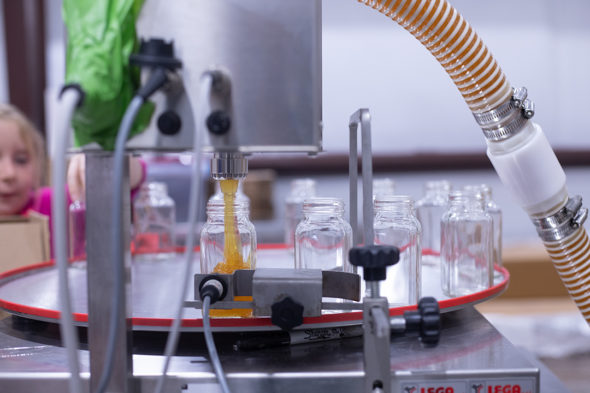
“I contacted a friend who lived on the island and said, hey, can I put some beehives here and they said sure. I harvested the honeys that year and noticed that they look different, and started researching plants and the biodiversity in our area.” said Brooks.
Brooks discovered her bees produce different tasting honey depending on the plants growing around her hives. Florida’s diverse plant life means that the honey’s color and flavor varies from neighborhood to neighborhood, even in a small town like St. Augustine.
“If a sunflower grows on an island, it’s gonna have sand in the soil, salt in the air and those are going to make a different tasting nectar than a sunflower that grows Inland that doesn’t have any of those resources,” said Brooks.
She sells three honey flavors coming from different St. Augustine neighborhoods, including Elkton Honey, State Road 16 Honey, and Anastasia Island Honey.
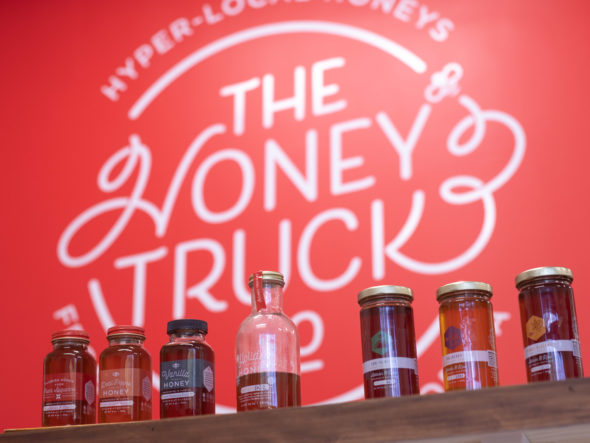
The Honey Truck got its name from the red Ford Econoline Trucks it uses to distribute local honey. Brooks owns two of these trucks, one from 1962, and the other from 1963 and uses them to pick up and deliver honey for production and sale, if you are lucky you might spot one around town doing just that.
Because of the community’s influence on these products, Brooks wants her new production space to continue to connect her customers and the bees.
“We put the glass in between the two rooms because it was important for me that other people see our process. We’ve always been transparent about where our Honey comes from. If I’m Not The Beekeeper, I know who the beekeeper is, where they’re hives are and how they maintain their lives,” said Brooks.
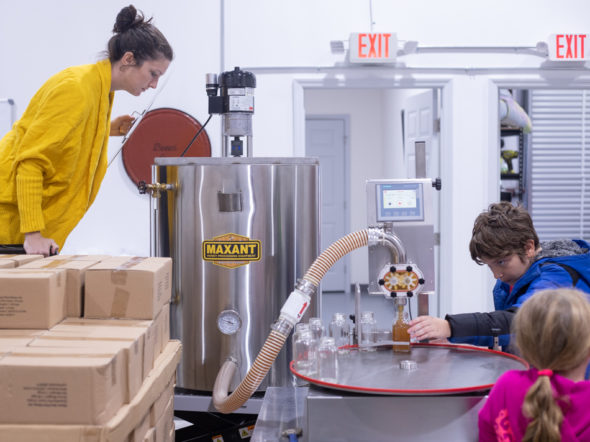
The Honey truck Headquarters is the new production facility and education space for the public.
“We are hoping to do classes on being a beekeeper for a day, cooking with honey, making drinks with honey, for kids on Native pollinators and making native bee homes,” said Brooks.
Bees are an endangered species that can be supported by local honey businesses and their customers. Supporting bee habitats is another great way to support these insects.
“Make Native bee houses, which would be taking a bunch of bamboo and tying them together to make little Mason bee houses. You can also plant native plants. I recommend that anyone go to Southern Horticulture on the island. They have a great resource,” said Brooks.
This is especially important after the recent hurricanes, which can cause substantial damage to native bees.
“We’re seeing issues with forage that has been wind-whipped by the hurricane. Hives that have been flooded out because there was such a torrential downpour and I think that we’re gonna still be seeing a ripple effect for years to come after that,” said Brooks.
Bee habitats have been put at an increased risk in recent years due to the more development of land for housing.
“And as we know Saint John’s County is growing at such a rapid rate. They’re just plowing down huge plots of land and building houses and not really considering native pollinators or giving them a resource, otherwise an alternative home,” said Brooks.
From 2010-2020, St. Augustine has seen a 41% population growth according to the U.S census Bureau. This means we must take action to support the bees whichever way we can.
“I believe the current number is 28 species of Bee that are endemic to Florida, meaning they’re found nowhere else in the world,” said Brooks.
You might not be able to start a honey business with hives across St. Augustine like Danielle Brooks, but at least you can purchase her honey at local businesses such as the Kookaburra, Spice and Tea Exchange, or the Chop Shop Butcher.
Visit honeytruck.com to see more locations with honey for purchase as well as other honey flavors and merchandise.
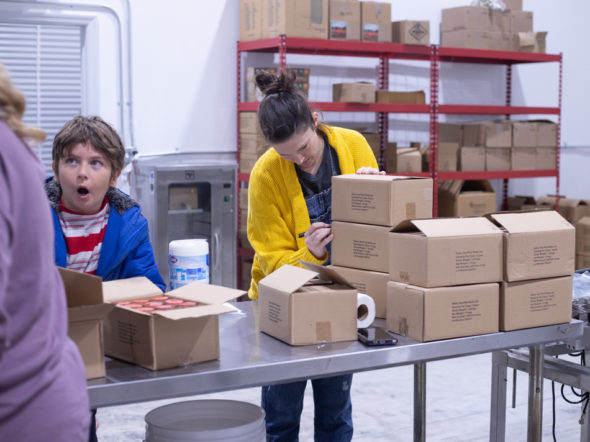
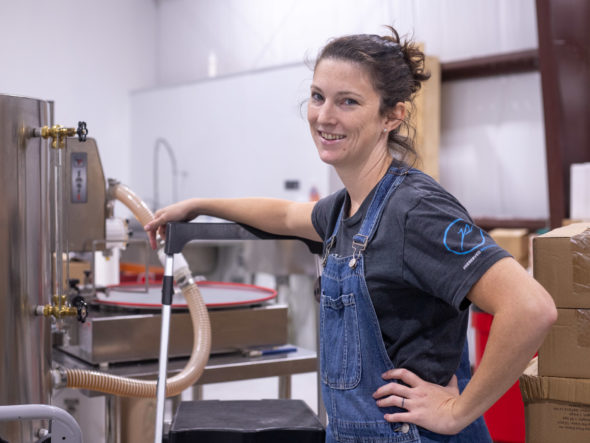
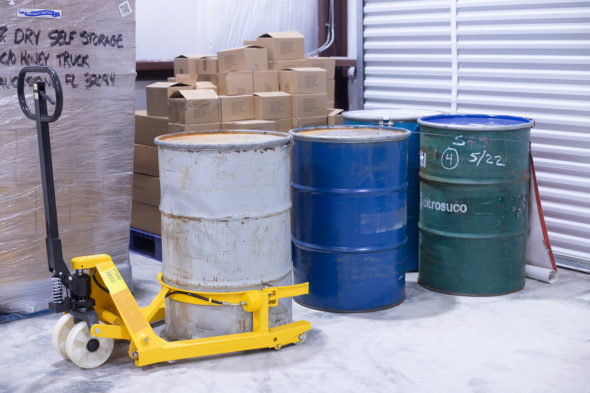
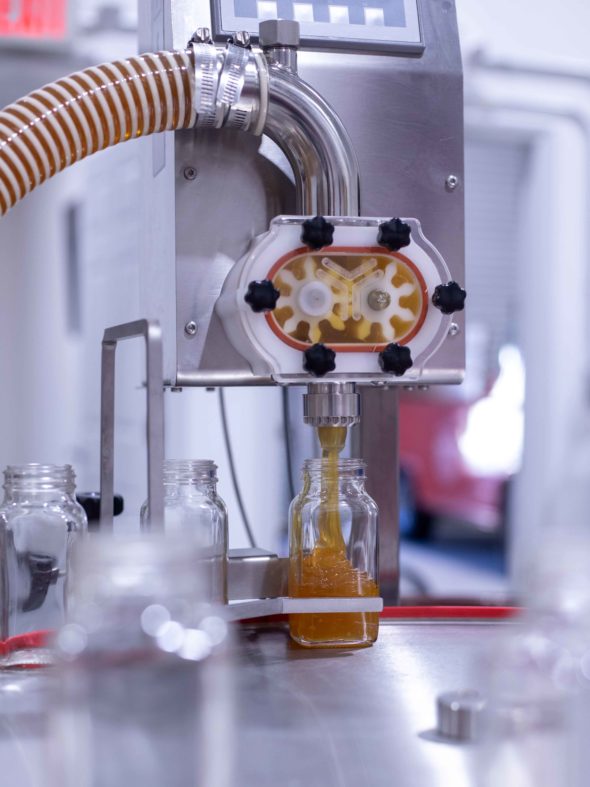
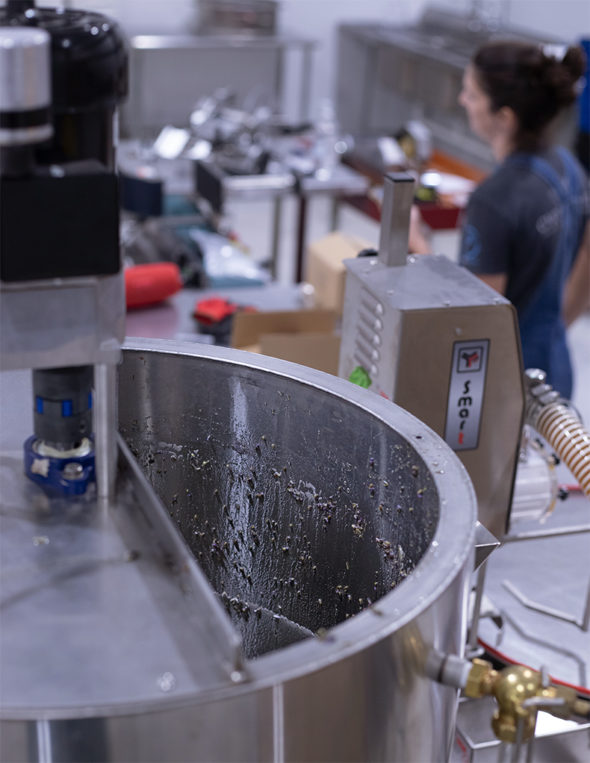
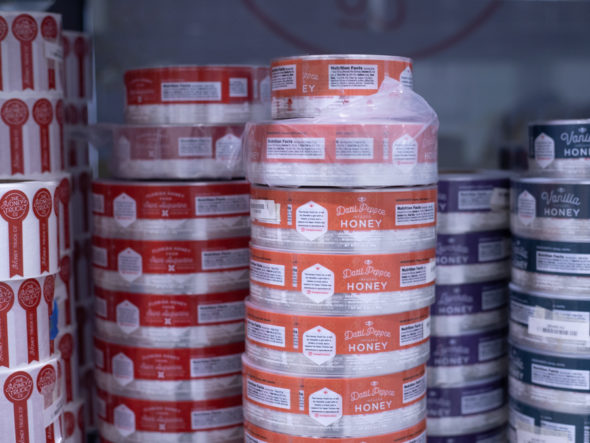

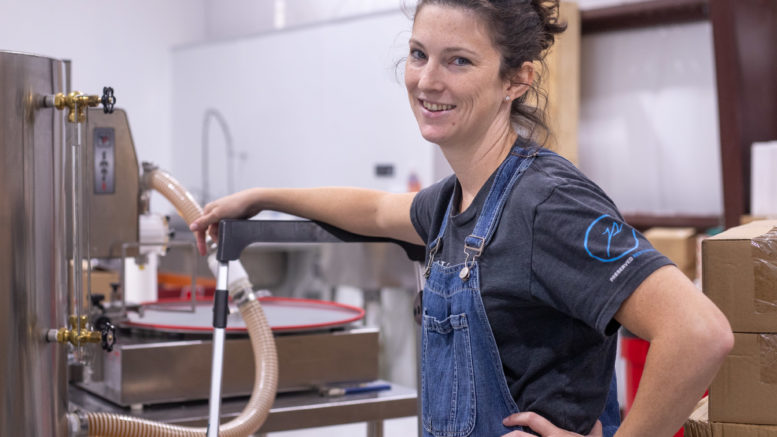


Be the first to comment on "Honey Truck"